The Importance of Mental Health as We Age
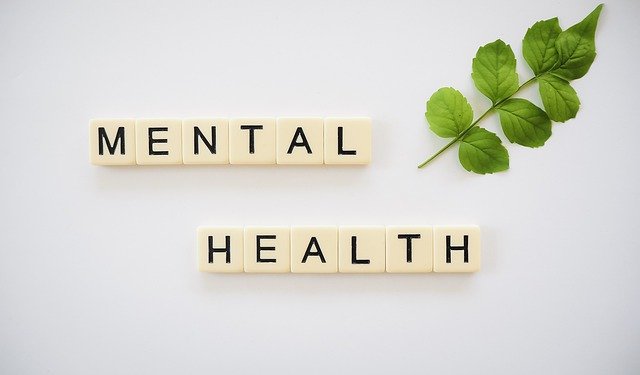
Introduction to Mental Health as we Age
Mental Health as We Age. According to the World Health Organization (WHO), over 20% of adults aged 60 and over have a mental or neurological disorder (excluding headache disorders). This statistic highlights the significant impact of mental health issues among older adults worldwide.en.wikipedia.org
Depression and anxiety are among the most common mental health concerns in this age group. These conditions can lead to impairments in physical, mental, and social functioning, negatively affecting the quality of life. Additionally, older adults often experience a multitude of changes in later life, including declines in health, loss of loved ones, work transitions, changes in residence, loss of independence, and the approach of their mortality, which can contribute to mental health challenges. medicine.utah.eduen.wikipedia.org
It’s important to note that mental health problems in older adults are frequently underdiagnosed and undertreated. Many older individuals may not seek help due to stigma, lack of awareness, or the misconception that mental health issues are a normal part of ageing. Addressing these challenges requires increased awareness, accessible mental health services, and supportive interventions tailored to the unique needs of older adults.
Cognitive Decline as we Age
Mental Health as We Age. Here, ageing is a natural part of life, but it brings changes that can impact mental well-being. Consequently, many older adults face challenges such as loneliness, depression, and cognitive decline. However, mental health is just as important as physical health. Furthermore, by understanding the risks, recognizing warning signs, and adopting strategies to support emotional and cognitive wellness, older adults can lead fulfilling, vibrant lives.
Combating Loneliness and Social Isolation
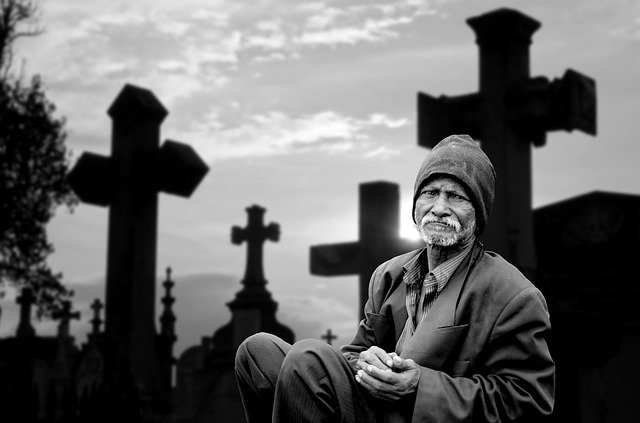
Mental Health as We Age. Loneliness is one of the most significant mental health concerns among older adults. AS a result, studies show that social isolation increases the risk of depression, anxiety, and even physical health issues such as heart disease. Especially after losing a lifelong partner
Here are some effective ways to combat loneliness:
- Learn Technology: Platforms like Zoom, social media, and messaging apps can bridge the gap between distant loved ones.
- Stay Connected: Regular phone or video calls with family and friends can strengthen relationships and provide emotional support.
- Join Community Activities: Senior centers, book clubs, and group fitness classes create opportunities for social engagement.
- Volunteer: Giving back to the community provides a sense of purpose and fosters meaningful connections.
- Adopt a Pet: Caring for a pet can provide companionship and reduce stress and feelings of isolation.
Recognising Signs of Depression and Other Mental Health Concerns
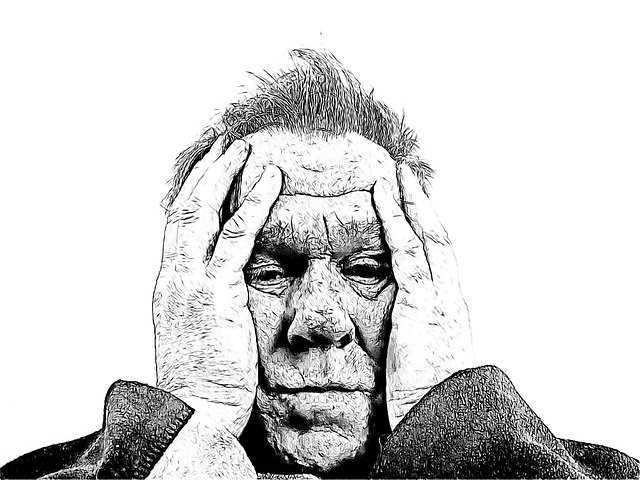
Mental Health as We Age. In this case, depression is not a normal part of ageing, yet it affects many older adults. Above all, recognizing the warning signs is crucial for early intervention and treatment.
Common Symptoms of Depression and Mental Health Issues:
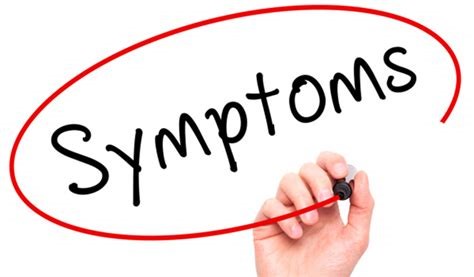
- Persistent sadness, hopelessness, or feelings of emptiness
- Loss of interest in previously enjoyed activities
- Changes in appetite or weight
- Difficulty sleeping or sleeping too much
- Fatigue or low energy
- Difficulty concentrating or making decisions
- Increased irritability or mood swings
- Physical aches or pains without a clear
- Thoughts of death or suicide (seek immediate help if these occur)
By the way, if you or a loved one experience these symptoms for more than two weeks, speaking with a healthcare provider is essential. Subsequently, treatment options such as therapy, lifestyle changes, and medication can help improve mental well-being.
Engaging in Activities That Promote Cognitive Health
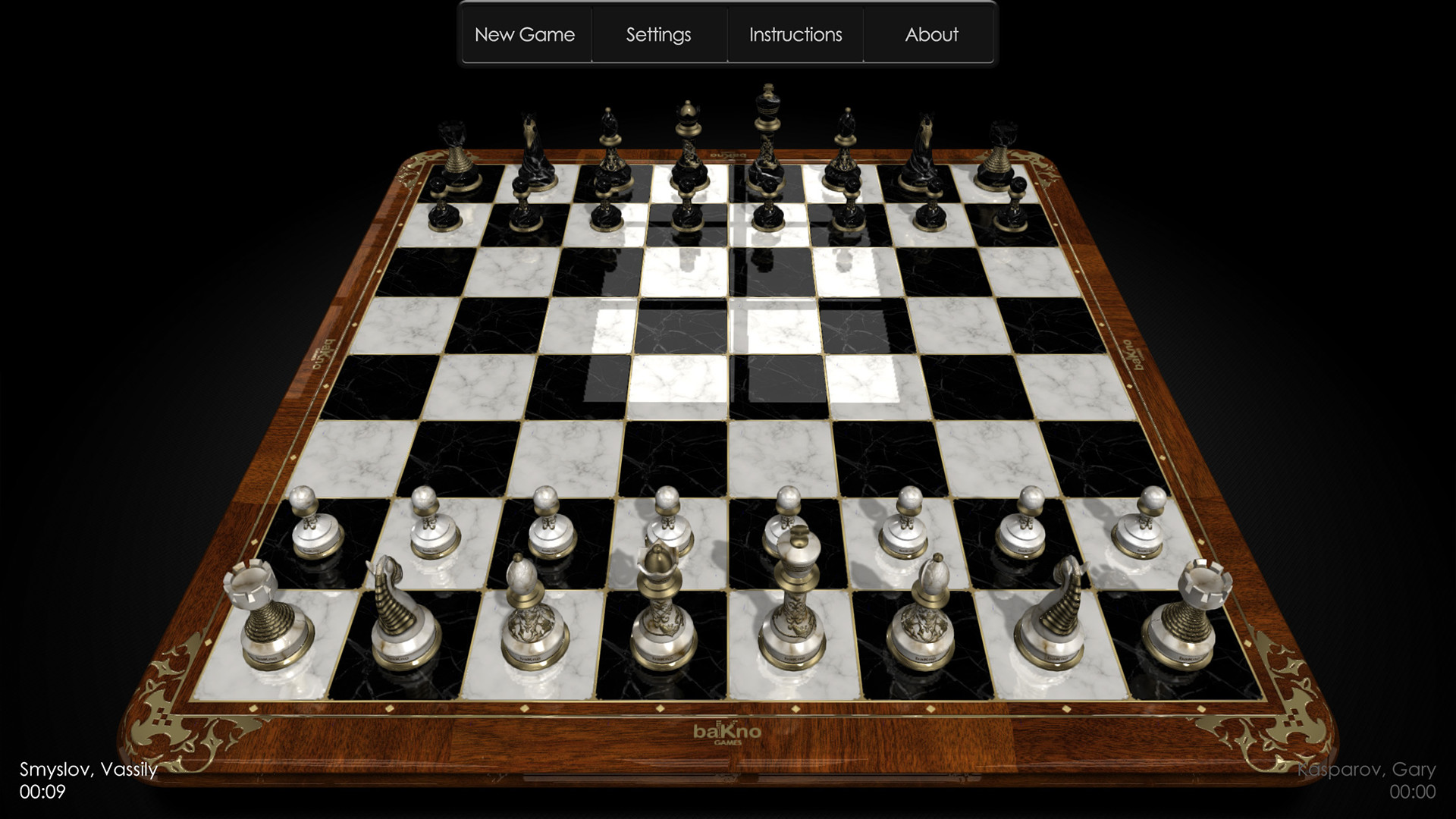
Mental Health as We Age. Cognitive decline is a concern for many ageing adults. But staying mentally active can help keep the brain sharp and reduce the risk of dementia.
Activities to Support Brain Health:
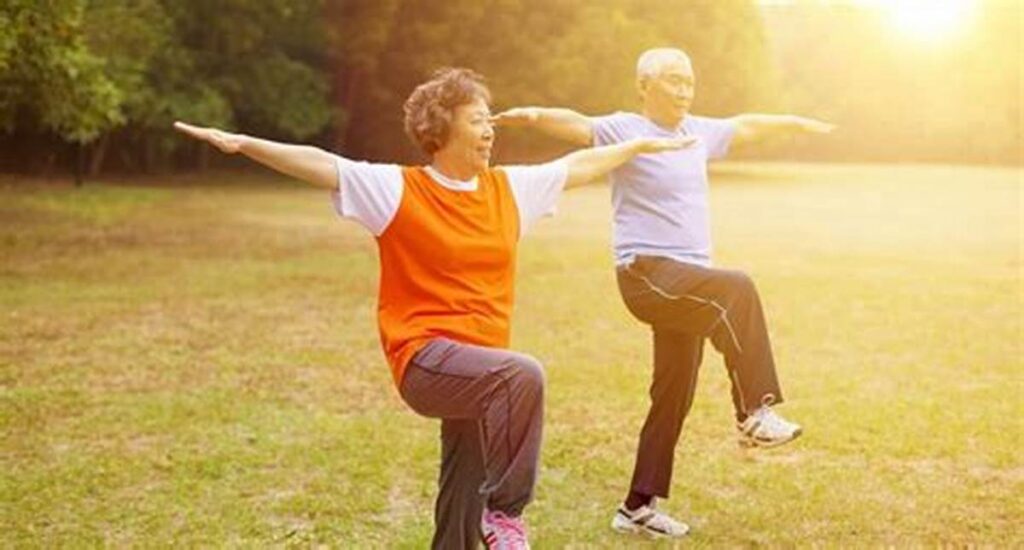
- Exercise Regularly: Physical activity increases blood flow to the brain and reduces cognitive decline risk.
- Lifelong Learning: Reading, taking online courses, or learning a new language challenges the brain.
- Puzzles and Games: Crosswords, Sudoku, chess, and memory games stimulate cognitive function.
- Social Interaction: Engaging in conversations, debates, and discussions keeps the mind active.
- Healthy Diet: A diet rich in omega-3s, antioxidants, and whole foods supports brain function.
- Mindfulness and Meditation: Reducing stress through relaxation techniques enhances mental clarity and emotional balance.
Seeking Help and Maintaining a Positive Outlook
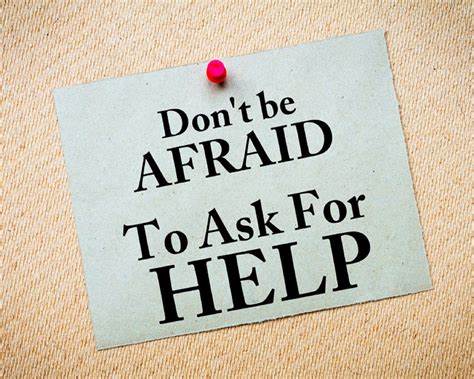
Mental Health as We Age. Besides, mental health care is just as essential as managing physical health. As a result, seeking support from a doctor, counsellor, or support group can make a significant difference. In addition, maintaining a positive outlook, engaging in hobbies, and practising gratitude can improve overall well-being.
Furtheremore, ageing doesn’t have to mean losing vitality or joy. And by taking steps to nurture mental health, staying socially connected, and engaging in activities that stimulate the brain. Generally, older adults can enjoy fulfilling and mentally enriching lives. However, remember, you are never alone in your journey, resources, support, and a vibrant community are always within reach!
DONATE
Pensioner Fitness Awards
THE BUSINESS CONCEPT, BEST IN BUSINESS AWARDS
- “MOST INSPIRING SENIOR WELLNESS WEBSITE 2023“
THE GLOBAL HEALTH AND PHARMA, FITNESS AND NUTRITION AWARDS
2. “BEST SENIOR FITNESS AND NUTRITION SPECIALIST 2023“
THE MIDDLE EAST AND AFRICA BUSINESS AWARDS
3. “ MOST INCLUSIVE FITNESS PROVIDER 2023″
THE CORPORATE LIVE WIRE GLOBAL AWARDS 2023/2024
4. ” FITNESS ADVISORY PLATFORM OF THE YEAR“ 2023/2024
In Conclusion
Mental Health as We Age. Being worried, low or out of sorts aren’t just part and parcel of getting older. But they are important signs that you’re not feeling as well as you should be. Therefore, our mental health affects how we think and feel, and how we cope with life’s ups and downs. So then, as we move through different stages of life and our circumstances change, our mental health can change too.
In particular, we’ve all faced a lot of challenges this year. And you may have found your own ways of coping. But it’s also natural to feel overwhelmed by it all. So then, if things are starting to get on top of you, you don’t need to try and cope alone. In conclusion, there is support out there that can help. DO NOT BE AFRAID TO ASK FOR HELP
Important Note *
Remember that everyone is different, it is ultimately YOUR RESPONSIBILITY to find what your body responds to. So please do your due diligence before trying anything new, including getting Medical Advice to ensure your safety and peace of mind.
Connect with me and leave a comment